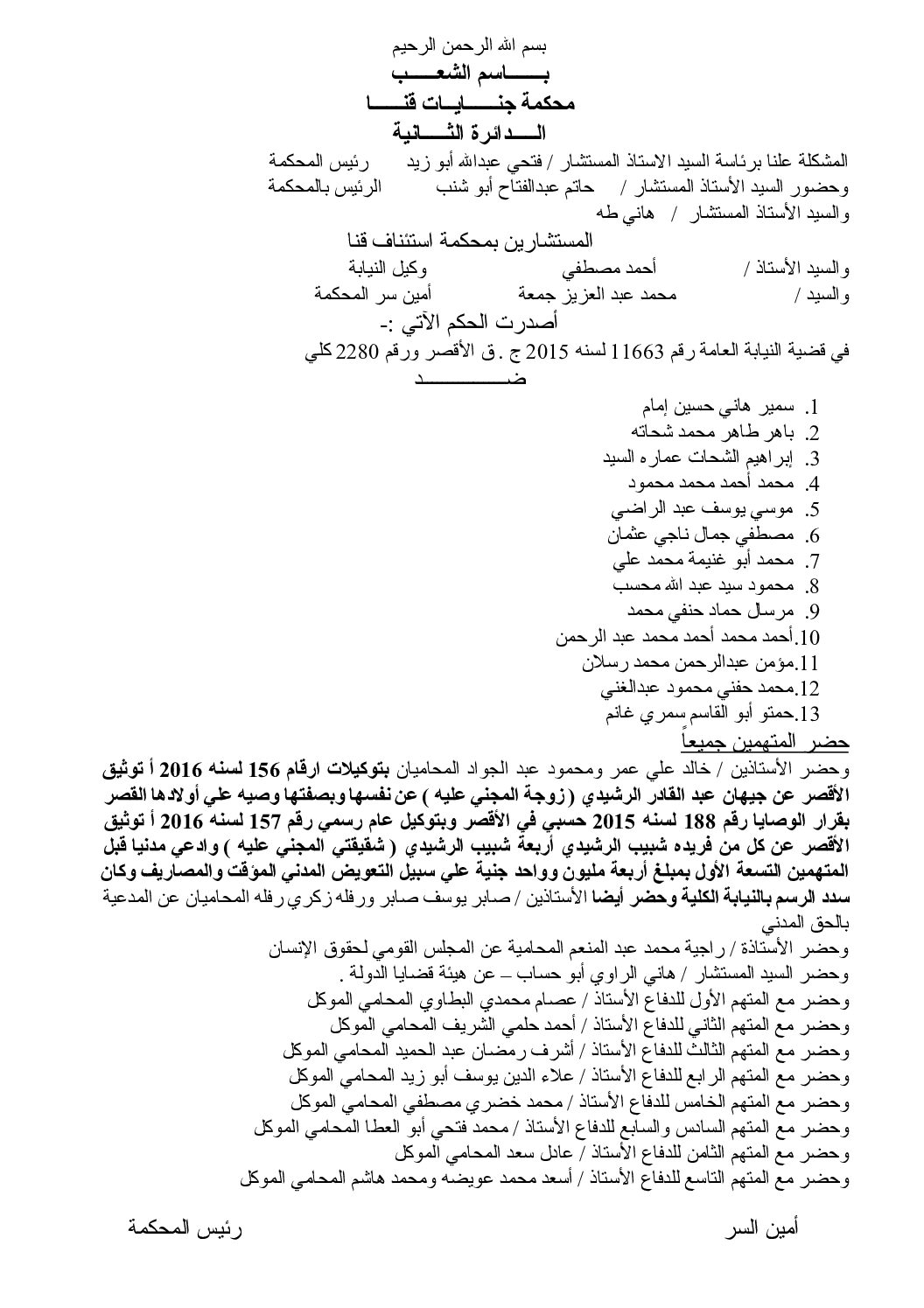Budget & Transparency | Worrying Reticence over New Budget, Disappearance of Official Announcements

The Ministry of Finance is yet to publish the draft budget bill, despite the law going into force. Until yesterday [Tuesday, July 1], no official or legal document had been issued providing detailed information or data concerning the general state budget of the current fiscal year, which already began. However, the full financial statement was published today, after the discussion and approval phase was fully concluded.
The delay in publishing the state budget bill is a cause of concern, as it would have been vital to conduct a serious social dialogue, allowing citizens to impact fiscal administration policies, especially in the absence of an elected parliament to discuss the budget before its adoption. The government was expected to release the budget bill, following news about the President’s approval of the law based on several quick amendments to reduce the deficit. Therefore, the law was expected to be issued with the accompanying tables indicating in details the terms of expenditures, resources, and deficit financing. This should have happened in an official manner and not through statements to the media or inadequate short press releases.
Why hasn’t the draft state budget for fiscal year 2014/2015 until now, although the finance ministry has already announced its adoption?
According to Article 17 of Law No.53 of 1973 concerning the state budget: “If the state budget bill is not issued before the start of the fiscal year, expenditures shall be according to the allocations of the previous year until its adoption.” This indicates that merely declaring that the budget has been adopted is worthless, until the law is published in the Official Gazette along with the accompanying tables. This is a repeat of the situation from last year and the extraordinary circumstances leading to the publication of the budget bill 20 days from the beginning of the fiscal year set by the law. It also indicates a lack of a clear economic vision and the absence of the role of citizens as partners in drawing economic plans.
On Monday 30 June 2014, newspapers published the preamble of the financial statement of the general budget. It coincided with the adoption of the budget for the new fiscal year, which begins the first day of July. The full financial statement was published today, 2 July, on the finance ministry’s website. The most noteworthy proposal in the statement was reducing the budget deficit to 10% of the GDP, although it was expected to exceed the rate for 2013/2014, estimated at 12% in final accounts (the deficit had been expected to reach 12% in 2014/2015 before the last-minute adjustments). The deficit was reduced through “the rationalization of energy subsidies for petroleum and electricity,” according to the statement by the finance ministry. All this information was gathered from media statements and reports published in the past few days.
The publication of the budget statement today was a worrying development. The purpose of the financial statement is to guide the preparations of the public budget and should be presented as a draft. This means it was supposed to be published during the discussion and endorsement phase, before being adopted. It should be noted that this is not the first financial statement issued by the finance ministry for fiscal year 2014/2015. Finance minister Hani Qadri Demian sent out a press release, revealing a small section of the financial statement presented to former president Adly Mansour. There is no information about the links between the first and second statements or if the first was completely disregarded after being rejected by Mansour.
Thus, we call for the publication of the state’s budget in all its details and without delay, in accordance with the law. This is in addition to achieving the wide participation of public opinion and civil society in decision making and policy planning that have a direct impact on citizens’ livelihoods, such as subsidies, taxes, and spending on the health sector, education, and housing.

